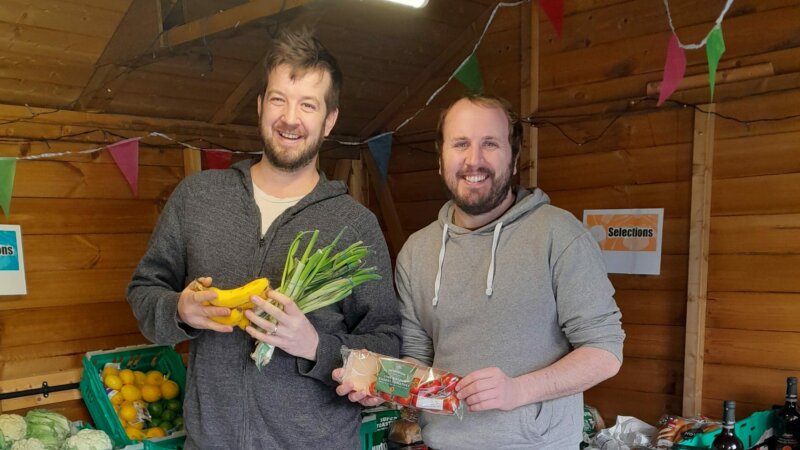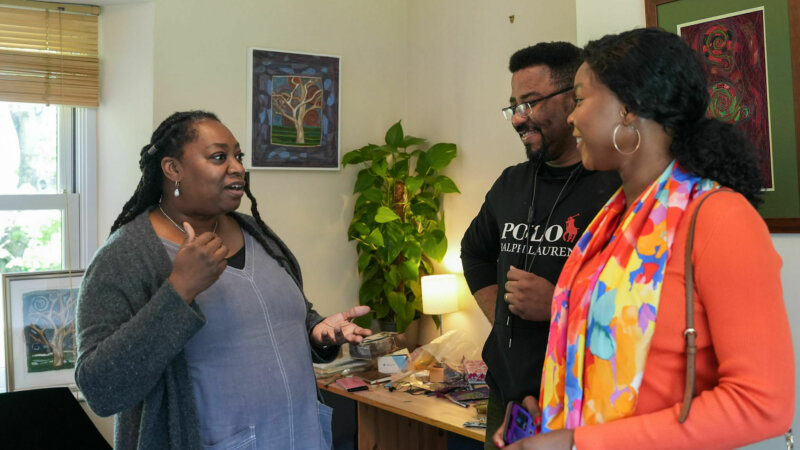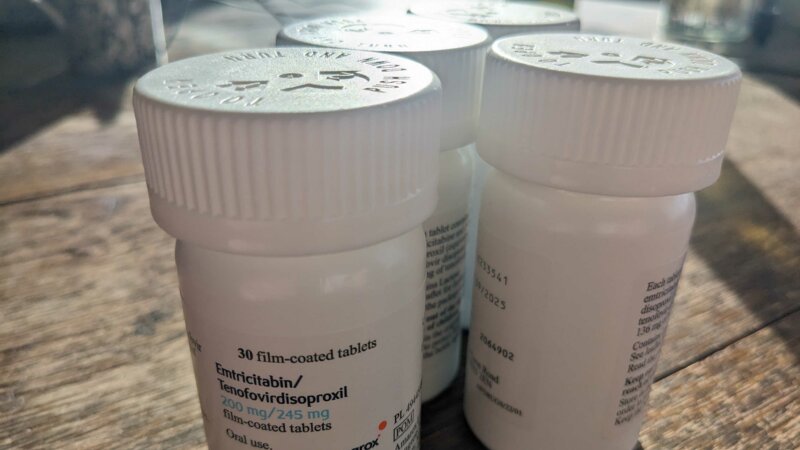Our economy is not “turning the corner”. We are not on the “road to recovery”. We are certainly not on a “path to prosperity”. After three years of stagnation, the Coalition is in a boastful mood as growth gradually returns to our economy. But let's look at what is really happening.
Employment.
More than five years after the recession began, there are still 2.5m people unemployed and 6m underemployed. In fact, unemployment is still higher today than when the Coalition took office in 2010. Of the new jobs being created, 9 out of 10 pay below a living wage and more than 1m people now have a zero hours contract. Real wages are 9% lower than their 2007 level with 4.8m people – 20% of all workers – now earning less than a living wage, up from 3.4m in 2009. More than 1m young people remain not in education, employment or training. Meanwhile, our working rights are being systematically eroded as employers have greater powers than ever to fire at will and cuts to legal aid funding make it harder to challenge these decisions.
Growth.
Our economy is currently smaller than it was in 2006 and the so-called recovery is officially the slowest in over 100 years. In fact, it has been calculated that GDP would be 3% higher today without the effects of 'austerity'. Of the modest growth that we are experiencing, 77% is coming from the services sector, with only 13% from industry and 8% from construction. The vast majority of this services growth is provided by the very same finance sector whose speculation caused the global economic meltdown. UK business investment, a key driver of any sustainable recovery, is now 159th lowest in the world, just behind Mali.
Debt.
Far from reducing national debt, total government debt is on course to overtake GDP in 2015 and 'austerity' has barely reduced the deficit at all (£118bn in 2011 to £115bn in 2012). The Coalition has borrowed more in three years than Labour did in 13. Total personal debt has now reached a record high of £1.4 trillion. That's £54,000 per household. More than 8m households, a quarter of the total in Britain, have no savings at all. Almost half of families in the poorest tenth of the population spend more than a quarter of their income on debt repayments and 3.9m families do not have enough savings to cover their rent or mortgage for more than a month. Last year, 34,000 houses were repossessed and more than 5,000 people were made homeless. The Help to Buy scheme is ploughing yet more debt finance into the economy and creating another artificial house price bubble.
Poverty.
About 1 in 10 children are eating less than half the calories recommended for their age and 500,000 people are using food banks. Their use has tripled in the past 12 months alone. The Red Cross is also now delivering emergency food aid for the first time in 70 years. In the UK. In 2013. We are experiencing the return of absolute poverty in the UK on a large scale for the first time since the War.
Now consider that the majority of public spending cuts, which fall hardest on the poorest, have still not been implemented. The Tories have recently pledged that 'austerity' will become permanent if they remain in government. Meanwhile, Britain’s 1,000 richest people have made gains of £155bn in the past three years.
The aim of this article is not just to paint a bleak picture of the future of our nation, but to highlight the fact that if we accept this is the path we must take then we are actively choosing this bleak future. But there is another path we can take. We can choose a road to recovery based on equality, wellbeing and sustainability, not inequality, overconsumption and debt.
Even if we experience a period of strong GDP growth, this is not an accurate measure of the prosperity of our nation. GDP values the volume of guns and bombs we produce, the number of locks we need on our doors and the amount of pollution in the air. GDP fails to value the health of our nation, the quality of our education or the strength of our communities. Meanwhile our planet is quickly running out of the resources needed to produce the 'stuff' on which growth depends. Our pursuit of perpetual GDP growth is not sustainable or desirable. It is destroying our planet whilst failing to improve the lives of the vast majority of citizens.
Instead of accepting this as our only option, we need to change direction. We need to move our economy away from one which is solely dependent on growth and towards one which values the things that really matter to people, like health, happiness, equality and meaningful employment. Our mainstream politicians are not likely to facilitate this transition. But we, individually and collectively, have the power to do this ourselves. We can choose not to spend money we don't have on things we don't need. We can choose to spend locally and ethically on the essential things we do need. We can choose to work less, consume less and spend more time with friends and family. We can choose to protect our community and environment and not support those who don't. We can choose.
neweconomics.org/publications/entry/surviving-austerity
falseeconomy.org.uk/blog/austerity-isnt-working-but-osborne-will-extend-it )







